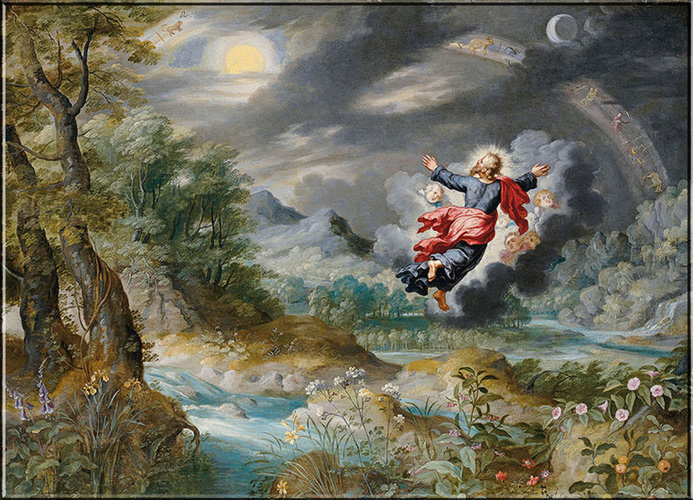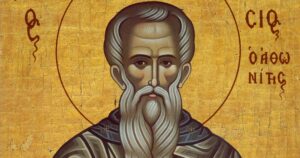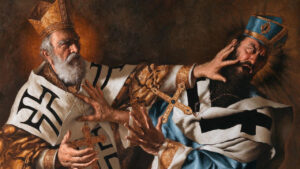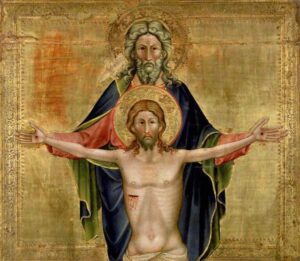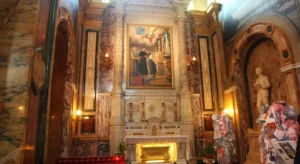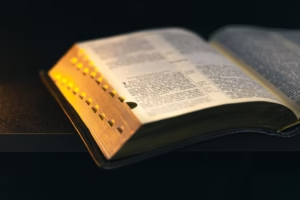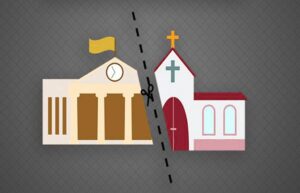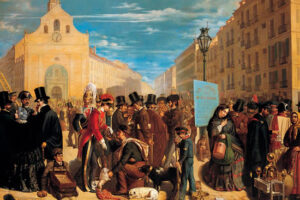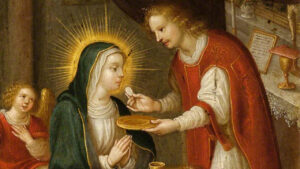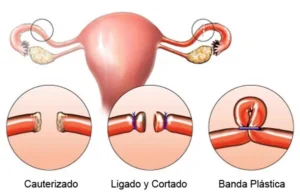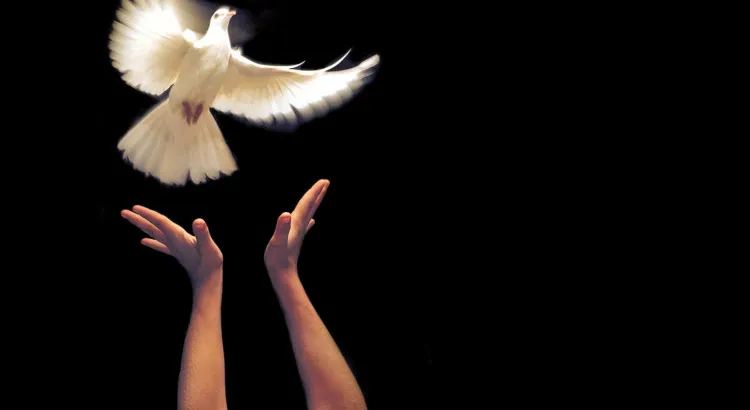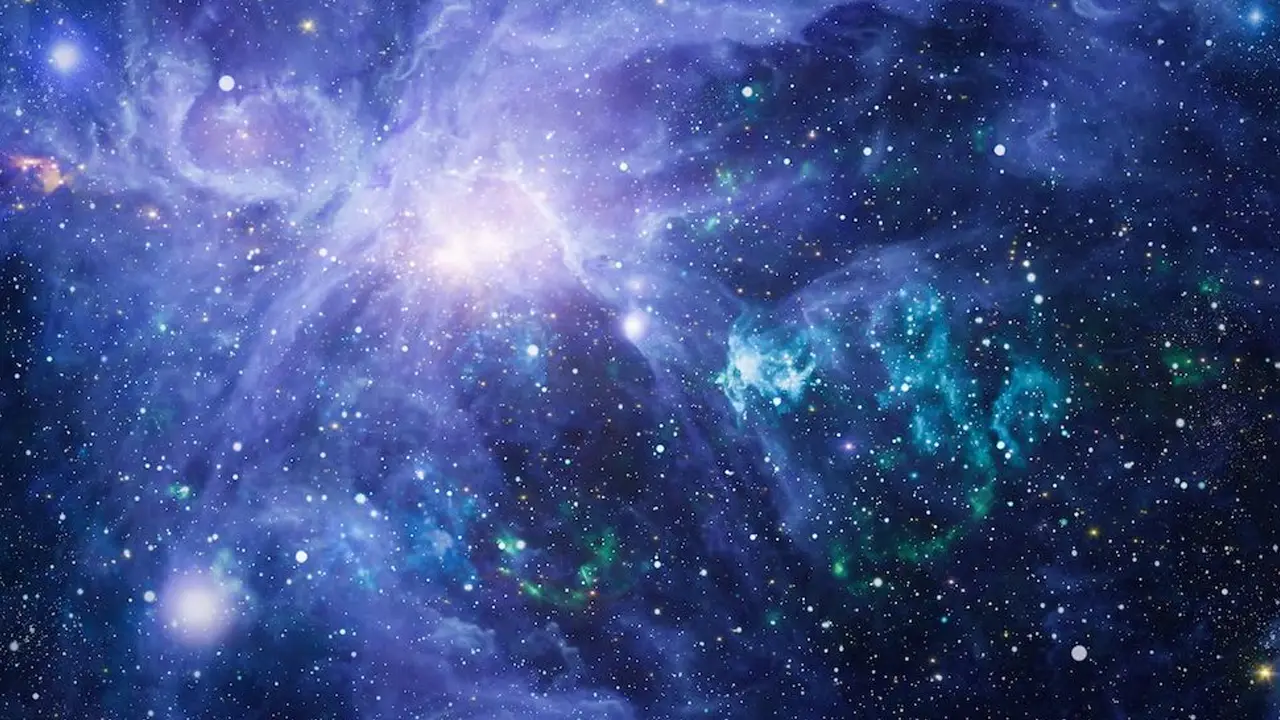Question
If everything is according to God’s plans, then what is the point of free will when God ultimately plans out everything and is in control?
Answer
An important chapter in the study of Creation is that of divine Providence. The Catechism of the Catholic Church says that God, in creating the world, did not do so in a definitive, finished way. Creation is in a “‘state of progress’ towards an ultimate perfection yet to be attained, for which God destined it.” (CCC, 302) And divine providence is precisely “the dispositions by which God leads his creation towards this perfection.” (CCC, 302)
So God made the world in order to perfect it further. Somehow, he wants human beings to be co-creators and to manifest his goodness in the gradual and continuous improvement of his creation. Providence is a mystery that must be believed by all Catholics.
The word providence is usually used in an incomplete way. It is reflected in the help that God gives to certain projects, but it is much broader and must be understood as such. The steps that God takes throughout history so that his creature will one day reach perfection may be a more accurate way of describing it. The First Vatican Council, quoted by the Catechism, explains: “God preserves and governs with his providence all that he has created; it extends “with vigor from one end to the other and governs the universe with gentleness”. For “everything is naked and uncovered before his eyes”, even the acts dependent on the free action of creatures.”
Furthermore, “the solicitude of divine providence is concrete and direct; it takes care of everything, from the smallest things to the great events of the world and of history.” Sacred Scripture contains numerous statements about “God’s sovereignty in the course of events” (CCC, 303). Therefore, when faced with any situation, the question to ask yourself is: does x have a solution? Yes, then work to solve x. Doesn’t it? Then see that in x there must be something that God can use for the salvation of the soul.
God asks his creatures to place their trust in him. He asks for “a filial surrender to the providence of the Heavenly Father, who takes care of the smallest needs of his children”. His care extends from great historical events to the smallest needs of his children.
However, God’s care for his creation does not mean a curtailment of freedom, on the contrary.
The Catechism says of providence and second causes that: “God is the sovereign master of his plan. But to carry it out he also makes use of his creatures’ co-operation. This use is not a sign of weakness, but rather a token of almighty God’s greatness and goodness. For God grants his creatures not only their existence, but also the dignity of acting on their own, of being causes and principles for each other, and thus of co-operating in the accomplishment of his plan.” (CCC, 306)
When God also acts through second causes, he ends up elevating man to an even greater dignity. Thus, “God gives men the right to participate freely in his providence, entrusting them with the responsibility of “subduing” the earth and “dominating” it. By using man to complete creation, God transforms him into a cooperator. And, as the Catechism says, “often unconscious cooperators of God’s will, men can deliberately enter into the divine plan, by their actions, by their prayers, but also by their sufferings.” In this way, “they become fully ‘cooperators of God’ and of his Kingdom.” (CCC, 307)
Spiritually, therefore, everyone needs to become a cooperator who is more aware of their role. St. Thomas Aquinas explains that when God determines the things that will happen, he also determines the means. As an example, you could say that God wants to perform a miracle, but he wants it through prayer.
He is always “the first cause working in and through second causes.” And the Catechism says that ” Far from diminishing the creature’s dignity, this truth enhances it. Drawn from nothingness by God’s power, wisdom and goodness, it can do nothing if it is cut off from its origin, for “without a Creator the creature vanishes.” Still less can a creature attain its ultimate end without the help of God’s grace.” (CCC, 308).
God is at work in everyone’s life. This reality needs to be seen and recognized. Divine action can happen through first causes, in other words, directly, as when miracles occur. It can also happen through secondary causes, which can be irrational or rational. The irrational ones occur when God uses animals, nature, etc., and the rational ones are free and loving, like the angels, the saints in heaven.
Then everything will be in accordance with God’s plans. Human freedom can serve as a second cause to God’s will, making man a cooperator in the divine will that wants everyone to come to the knowledge of the truth. Or human freedom can, by divine permission, not cooperate with this plan of salvation. The fact that God knows everything that is going to happen in the world does not mean that he determines human freedom. God allows everyone, acting freely, to cooperate or not with the plan of universal salvation.
Other Post: Do we have to believe in “destiny”?

